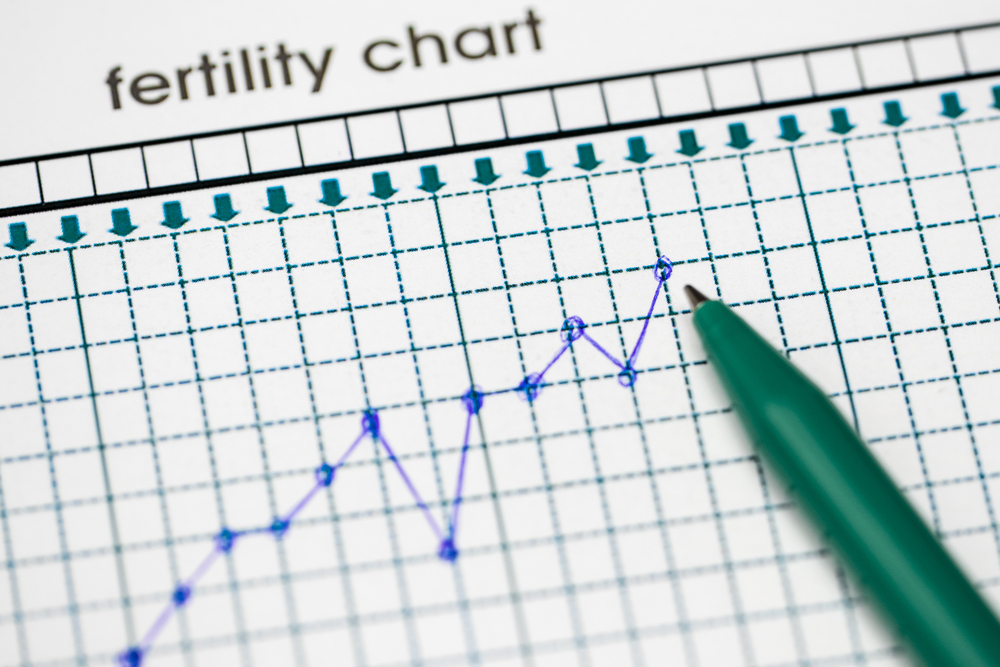Cervical Mucus: What is it and how does it affect your fertility?

With so many different suggestions to improve fertility, it can be confusing to determine which methods are reasonable, safe, and actually work. One method that has consistently surfaced is the cervical mucus method. Your body harbors one of the most natural ways to predict your fertility. If you’re hoping to get pregnant, you can track changes to your cervical mucus to predict when you will ovulate.
Cervical mucus is the fluid secreted by the cervix to protect sperm as it makes its journey through the female reproductive tract to fertilize an egg. Estrogen stimulates its production and because this hormone ebbs and flows during your cycle, so does cervical mucus production. The amount and quality of cervical mucus changes depending on the time in your cycle:
After your menstrual period: Cervical mucus is at its lowest. With no egg for sperm to fertilize, the cervix does not need to prepare for a pregnancy. Some women report dryness during this time.
As Your Ovulation Date Approaches: Cervical mucus starts to increase in quantity and moistness. The cervix needs to prepare for the release of an egg as you enter your fertile window.
Ovulation: Cervical mucus production is at its highest and its consistency is often described as an egg-white. This represents your most fertile period and when you should have sex in order to get pregnant.
After Ovulation: The quantity of cervical mucus begins to decline and becomes thicker in consistency.
If you want to use the cervical mucus method as a way to identify your most fertile time, you will need to track your cervical mucus daily for several cycles in order to develop a baseline of readings. This means collecting samples and recording the quantity and consistency. You can do this using your fingers, white toilet tissue, or a panty liner. Since there is some variability and it usually takes time to understand how best to track your cervical mucus, it may be a few months before you learn to recognize the various changes in your vaginal discharge. Once you obtain a clear picture of your cycle, you should be able to determine the most fertile days and, if you are trying to get pregnant, when you should have unprotected sex.
Not producing enough mucus or producing a consistency that is not nourishing to sperm can affect fertility and your ability to get pregnant. If you find this is the case, contact your physician. They can recommend ways to improve your cervical mucus quality and do a more thorough investigation.
The cervical mucus method is not full-proof. Interpreting and charting cervical secretions can be challenging and often takes some practice. You can always consult with your physician if you decide to use the cervical mucus method to track your fertility
